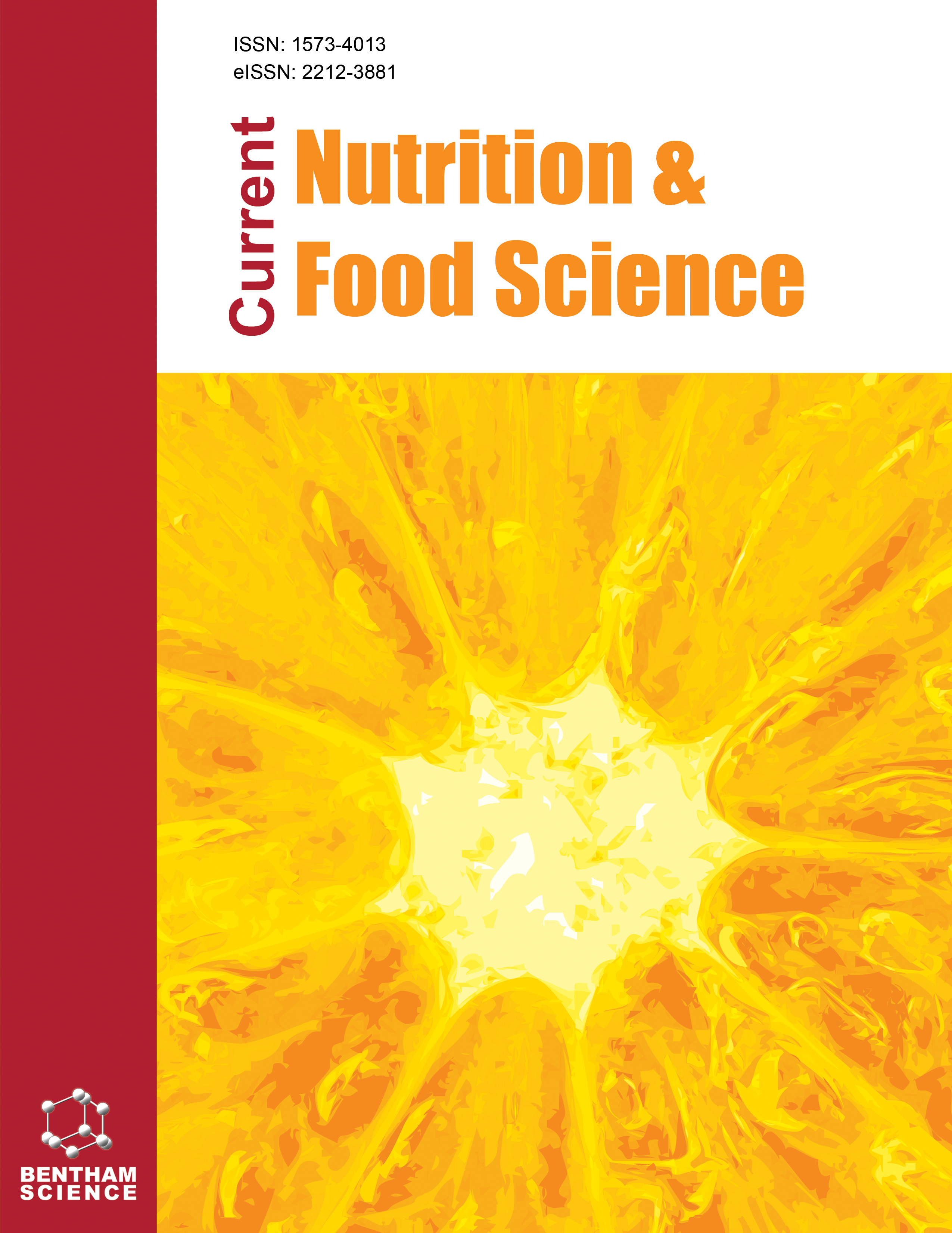
Full text loading...
With the integration of Machine Learning (ML) and Artificial Intelligence (AI) in the food industry, from production to retail, the sector is undergoing a transformative shift. These technologies enhance efficiency through better decision-making and increased automation, helping overcome some of the current challenges in terms of sustainability, food security, and cost reduction. AI and ML are being applied in food processing to optimize production processes, monitor food quality, and detect contaminants, thus achieving higher safety standards and reducing waste. In the supply chain, these technologies enable real-time tracking, predictive analytics for demand forecasting, and optimization of distribution networks to ensure that food reaches consumers in a timely and cost-effective manner. Another area is the use of AI to revolutionize inventory control in retail, helping retailers anticipate consumer demand and prevent food spoilage, thereby maintaining effective stock control. In addition, the current consumer interest in AI-assisted nutrition analysis and personalized recipe recommendations suggests that they are eating healthier. The potential for even greater impacts is vast with the advancement of these technologies. The future directions to be taken forward in this area of concern include precision agriculture, AI for food traceability, and machine learning for predictive models, with further advancements in data science to enhance efficiency, minimize carbon footprints, and maximize security from contamination. The future of food indeed depends significantly on AI and ML; hence, the future is also daunting in its prospects.

Article metrics loading...

Full text loading...
References


Data & Media loading...

